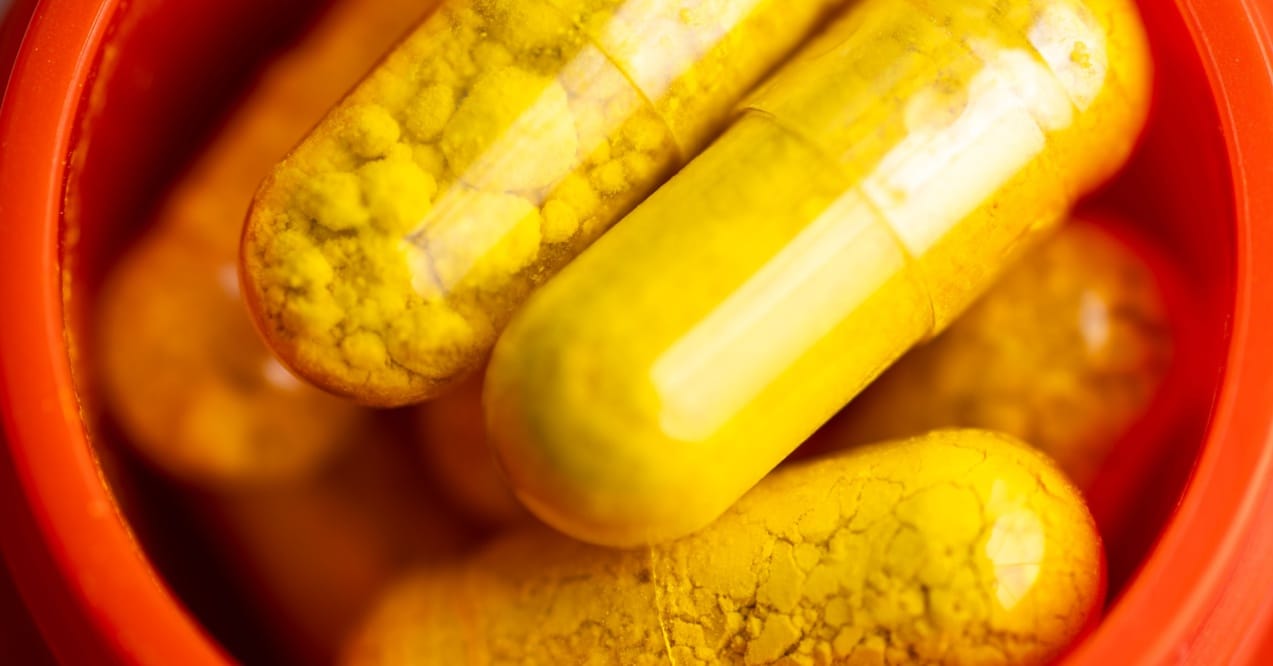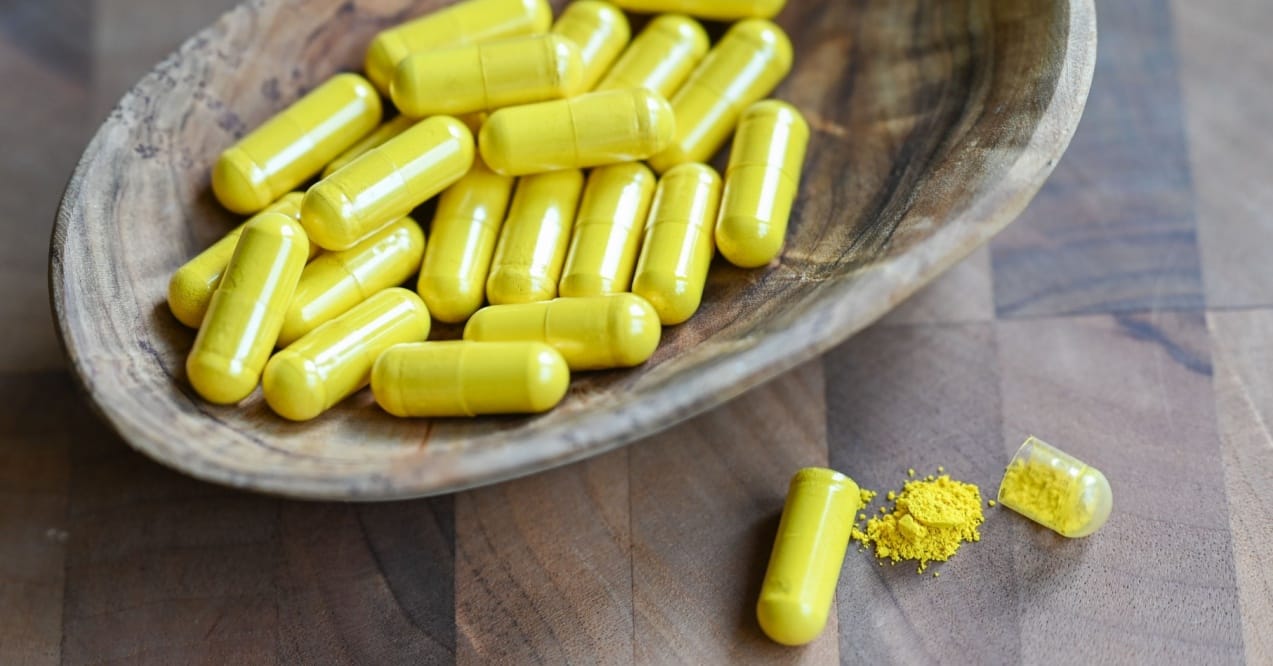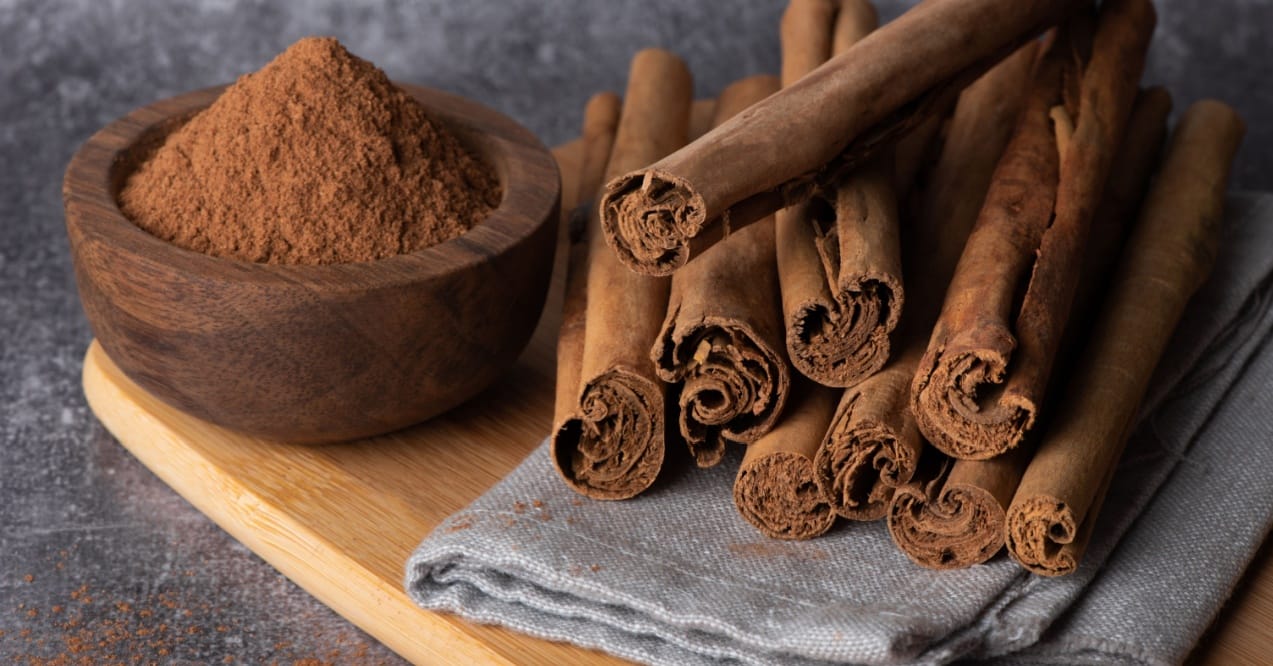Does Berberine Lower Cholesterol? Potential Benefits Explained
Medically reviewed by our experts


Berberine, a natural compound found in plants like Oregon grape, has gained attention for its potential heart health benefits. Many people wonder does berberine lower cholesterol and if it could support their cardiovascular wellness naturally. Research suggests this plant-based substance may offer various health benefits worth exploring.
Key Article Findings
- Berberine may help support healthy cholesterol levels based on several studies
- This natural compound works through multiple pathways in the body
- Results vary between individuals and professional guidance is recommended

How Cholesterol Works in the Body
Your body produces cholesterol for essential functions like building cells and making hormones.
Two main types exist: LDL cholesterol (low-density lipoprotein) and HDL cholesterol (high-density lipoprotein). LDL often gets called “bad” cholesterol because excess amounts may accumulate in blood vessels, while HDL is known as “good” cholesterol since it helps remove excess cholesterol from the body.
Maintaining a healthy balance between these two types matters for heart health and overall cardiovascular function. Your liver naturally produces most of the cholesterol your body needs. Diet and lifestyle factors can influence these levels significantly.
High cholesterol has become a common wellness concern affecting millions of adults. Finding natural ways to support healthy cholesterol levels interests many people seeking to maintain their cardiovascular health. Berberine has emerged as one potential option worth considering alongside healthy lifestyle choices.
Does Berberine Lower Cholesterol? What Research Suggests
Research examining berberine’s effects on cholesterol has produced interesting findings over the past decade. Multiple studies suggest that berberine may help support healthy cholesterol levels when combined with proper diet and exercise. The evidence points to potential benefits for various aspects of lipid metabolism.
Comparison with Other Natural Options
Berberine appears to work differently than other natural cholesterol-supporting supplements like plant sterols or omega-3 fatty acids. Its mechanisms seem more comprehensive, potentially affecting multiple aspects of lipid metabolism simultaneously. Research suggests berberine’s effects may be comparable to certain conventional approaches, though individual results vary significantly.
Scientists continue studying optimal dosages and treatment durations for cholesterol support. Most successful studies used doses between 900-1,500 mg daily, divided into two or three servings. The timing of supplementation relative to meals also appears to influence effectiveness.
How Berberine May Work for Cholesterol Support
Berberine potentially influences cholesterol through several biological pathways rather than a single mechanism. This multi-faceted approach may explain why some people experience notable benefits. The compound appears to interact with various enzymes and cellular processes involved in lipid metabolism.
Enzyme Regulation
- AMPK activation – Helps reduce cholesterol production in the liver
- PCSK9 reduction – May help cells remove more LDL cholesterol
- HMG-CoA reductase – Potentially affects this cholesterol-producing enzyme
- Bile acid metabolism – May increase cholesterol conversion to bile acids
These enzymatic changes work together to potentially improve cholesterol balance. Each mechanism contributes to the overall effect on lipid levels.
Gut Microbiota Effects
The gut microbiome plays a surprising role in cholesterol processing, and berberine may positively influence these beneficial bacteria. Changes in gut bacteria composition could affect how the body absorbs and processes dietary cholesterol. Some research suggests berberine promotes growth of bacteria species that help metabolize cholesterol more efficiently.
Additionally, berberine may support healthy blood sugar levels and reduce insulin resistance, which indirectly benefits lipid balance. When blood sugar regulation improves, the body often handles fats and cholesterol more effectively. Our Nation Health MD blood sugar control supplements work through complementary pathways to support overall metabolic health.
Potential Benefits Beyond Cholesterol
Berberine’s potential extends beyond cholesterol management to several other aspects of health. Research has explored its effects on various metabolic markers and body systems. These additional benefits may contribute to overall cardiovascular wellness.
Cardiovascular System Benefits
Berberine potentially helps maintain healthy inflammation levels throughout the cardiovascular system. Chronic low-grade inflammation often accompanies cholesterol imbalances, so addressing both factors simultaneously makes sense. Some research indicates berberine may support healthy blood vessel flexibility and function.
The compound might also influence triglyceride levels positively. High triglycerides often accompany cholesterol issues, and berberine appears to address both lipid types. Energy production at the cellular level may improve with berberine supplementation.
Possible Side Effects and Safety Considerations
Berberine is generally well-tolerated, but some people experience digestive issues initially. Common side effects include mild stomach cramps, diarrhea, and constipation. These effects often decrease after the first few weeks of use.
Digestive Effects
- Mild stomach cramps or discomfort
- Temporary diarrhea or loose stools
- Constipation in some individuals
- Gas and bloating during first week
- Reduced appetite occasionally
Most side effects resolve within 2-3 weeks. Taking berberine with food significantly reduces these issues. Starting with lower doses helps your body adjust gradually.
Medication Interactions
Berberine may interact with certain medications, particularly those for blood sugar. It can potentially affect how your liver processes some drugs. People taking antibiotics should use caution with berberine supplements. Medications Requiring Caution:
- Blood sugar medications
- Blood thinners
- Blood pressure medications
- Certain antibiotics
- Liver-processed drugs
If you take prescription medications, discussing berberine with your healthcare provider is wise.
Pregnant and nursing women should avoid berberine supplements entirely. Children shouldn’t take berberine without professional medical guidance. People with low blood pressure should use caution with berberine.
Quality matters when selecting berberine supplements for safety. Third-party tested products offer better assurance of purity and potency. Reputable brands follow good manufacturing practices and provide certificates of analysis.
How to Choose and Use Berberine Supplements
Finding high-quality berberine requires knowing what to look for on labels. Pure berberine extract without unnecessary fillers works best. Many products contain 500 mg per capsule for convenient dosing.
Quality Indicators
- Berberine HCl (hydrochloride) on the label
- Clear statement of berberine content per serving
- Third-party testing certification (NSF, USP, or ConsumerLab)
- No artificial colors or unnecessary additives
- Certificate of analysis available
- Good Manufacturing Practice (GMP) certification
These indicators help ensure you’re getting a quality product. Avoid supplements with proprietary blends that don’t specify berberine amounts.
Dosing Guidelines
- Week 1 (500 mg twice daily with meals)
- Week 2+ (500 mg three times daily if well-tolerated)
- Maximum (1,500 mg daily divided into 2-3 doses)
- Always take with food
- Allow 8-12 weeks to assess effects
Consistency matters more than precise timing for cholesterol support. Set a regular schedule that fits your daily routine.
Berberine works best alongside healthy diet and exercise habits. Focus on whole foods, especially vegetables and lean proteins. Regular physical activity enhances berberine’s potential benefits for cholesterol.
The berberine benefits extend beyond cholesterol when combined with lifestyle changes. Adequate sleep and stress management also support healthy cholesterol levels naturally.
When to Seek Medical Advice
Certain situations require professional guidance before starting berberine supplementation. Anyone with existing health conditions should consult their healthcare provider first. This includes people with diabetes, liver disease, or heart conditions.
Warning Signs
- Severe digestive issues lasting over two weeks
- Unusual fatigue or persistent dizziness
- Skin reactions or rashes
- Yellow skin or eyes
- Severe stomach pain
- Irregular heartbeat
These symptoms require immediate medical evaluation. Don’t assume they’re normal supplement reactions.
Regular cholesterol checks help track your progress with berberine supplementation. Blood work every three months initially provides useful feedback. Your healthcare provider can adjust recommendations based on results.
People taking multiple medications need careful monitoring for interactions. Blood sugar levels may need more frequent checking initially.
Conclusion
Research suggests berberine may help support healthy cholesterol levels naturally. Individual results vary, and berberine works best with healthy lifestyle habits. Professional guidance helps determine if berberine suits your specific situation. Does berberine lower cholesterol for everyone? The answer depends on various individual factors and overall health approach.
Most studies show potential changes after 8-12 weeks of consistent use. Individual responses vary based on diet, exercise, and starting cholesterol levels. Some people notice improvements sooner, while others need more time.
Only take berberine with prescription medications under medical supervision. Berberine may affect how your body processes certain drugs. Your healthcare provider can monitor for interactions and adjust dosages safely.
Some studies suggest berberine may help increase good cholesterol levels. Results vary among individuals, with some showing better improvements than others. More research continues to explore this potential benefit.
Berberine is a natural supplement with a different safety profile than prescriptions. It shouldn’t replace prescribed treatments without medical guidance. Each option has specific benefits and considerations for different people.
Berberine occurs naturally in Oregon grape, barberry, and goldenseal plants. Tree turmeric and Chinese goldthread also contain this compound. These plants aren’t common foods but are used in supplements.
Professional, C. C. M. (2025). What is cholesterol? Cleveland Clinic.
Doggrell, S. A. (2005). Berberine – a novel approach to cholesterol lowering. Expert Opinion on Investigational Drugs, 14(5), 683–685.
Koppen, L. M., Et Al. (2017). Efficacy of berberine alone and in combination for the treatment of hyperlipidemia: a systematic review. Journal of Evidence-Based Complementary & Alternative Medicine, 22(4), 956–968.
Utami, A. R., Et Al. (2023). Berberine and its study as an antidiabetic compound. Biology, 12(7), 973.
Key, A. P. (2024). Berberine: benefits and side effects. WebMD.
Clinic, C. (2025). Berberine for weight loss: Does it work? Cleveland Clinic.
Popular Articles
Advertisement. This site offers health, wellness, fitness and nutritional information and is designed for educational purposes only. You should not rely on this information as a substitute for, nor does it replace, professional medical advice, diagnosis, or treatment. If you have any concerns or questions about your health, you should always consult with a physician or other health-care professional. Do not disregard, avoid or delay obtaining medical or health related advice from your health-care professional because of something you may have read on this site. The use of any information provided on this site is solely at your own risk.













